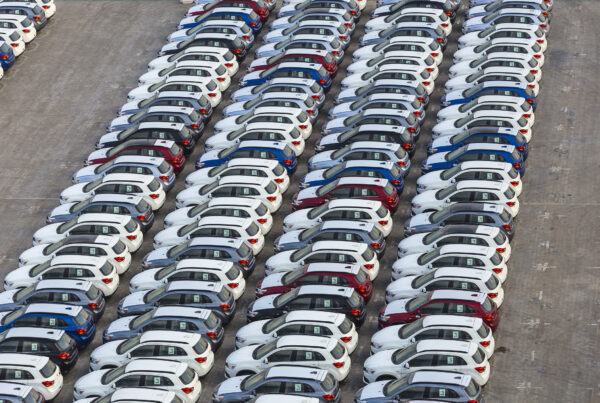Electric trucks are pulling ahead of hydrogen trucks as the best option to reduce freight emissions according to a recent study conducted by Swinburne University of Technology.
“Our results show electric trucks are the better, faster option to decarbonise road freight by the legislated target dates for emission cuts,” the Swinburne study reports.
A lifecycle analysis reveals why electric trucks have the edge considering emissions from every stage of a truck’s life, including production, usage, and disposal. Electric trucks, which use batteries charged from a power source, tend to have lower overall emissions, especially when the electricity comes from renewable sources.
On the other hand, hydrogen trucks, which use hydrogen fuel cells, involve a more energy-intensive and less efficient production process, leading to higher emissions.
Currently, 96 percent of the world’s hydrogen is produced from fossil fuels like coal and natural gas, which are high in emissions. Although hydrogen can be made using renewable energy, the process is complex and less efficient, with only 38 percent of the original energy making it to the wheels, compared to about 80 percent for electric trucks.
Study Findings and Industry Insights
Swinburne’s study analysed lifecycle emissions across various scenarios, mixing different energy sources and truck types. The results consistently showed that electric trucks have a lower emissions intensity than hydrogen trucks. Even in scenarios where hydrogen trucks were included, they lagged behind electric trucks in reducing emissions.
The study also included a survey of 130 trucking organisations, revealing mixed readiness for the transition to low-emission trucks. While 62 per cent of operators had a formal decarbonisation strategy, only a handful were prepared to absorb the higher costs associated with low-emission trucks. High upfront costs and lack of infrastructure were major barriers cited by the operators.
Accelerating the Shift to Low-Emission Trucks
Based on their findings, the researchers say that a combination of policies and industry initiatives is essential. Increased investment in truck manufacturing will help make more models available and affordable. Government and industry support for infrastructure, such as ultra-rapid charging stations, along with incentives like subsidies, will also play a crucial role.
Addressing uncertainty about performance and costs through independent trials and field tests will help operators and policymakers make informed decisions. Moreover, fleet decarbonisation needs to be part of a broader strategy that includes measures like heavy vehicle pricing, shifting road freight to rail, and optimising freight distribution.
“Without these measures, Australia’s dependence on fossil fuels will deepen. Reaching our emission targets will become even harder,” the team says.
Did you find this article interesting? Click the ‘heart’ button above to give it a ‘like’!


















